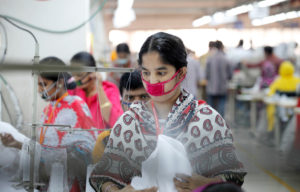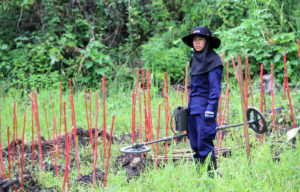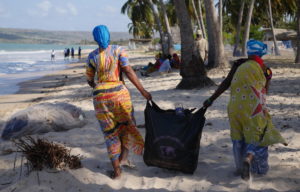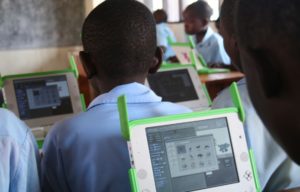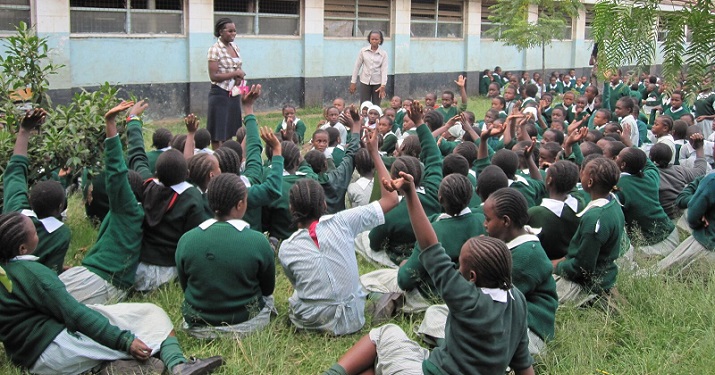
Makit
A good business deal helps African girls
A Danish company and African NGOs partner up, so thousands of girls don’t skip school during menstruation.
Share
Other categories
Region: Africa
Theme: Health, Women’s Rights
“Menstruation is still taboo in many countries. This means that many girls stay home from school when they are menstruating”, Maxie Matthiesen, co-founder of the company Makit explains.
On top of this, hygiene pads and tampons are expensive, and local substitutes such as newspaper or grass can be harmful and painful. Last year, we wrote about Makit, a company that donates the menstrual cup Ruby Cup to girls in Africa and educate them in hygiene and health so they don’t have to miss school out of fear of bleeding through.
Ruby Cup is the story about a successful partnership between a for-profit company and non-profit NGOs that benefit girls in developing countries.
Buy one, Give one
The original plan was for Ruby Cup to be sold directly to Kenyan girls, Maxie Matthiesen explains. “But it was too expensive for them, even though it was subsidized. We changed our concept, and now we primarily sell our product online and mainly to Europeans. In return, every buyer donates a Ruby Cup to a girl in a developing country, when they themselves buy a Ruby Cup”, explains Maxie Matthiesen.
The concept is called “Buy One, Give One” and this means that many more girls can enjoy the benefits of menstrual cups. Between 2011 and 2014, Makit administered about 5000 Ruby Cups in Kenya though their ”Buy One, Give One”-strategy. The work is done through Makit’s partnerships with local NGOs. They are organizations like Golden Girls and Femme International in Kenya and Tanzania that work towards empowering girls, strengthening their rights and informing them of health issues. The NGOs also receive teaching resources they can use when they speak to school girls about menstruation, health and hygiene – because girls miss up to 20 percent of school days when they stay home during menstruation.
Local partners are crucial
The local partnership organizations are the core in the social side of the company. They know conditions in the partnership countries and already have infrastructure in place they can use to administer Ruby Cups, educate school girls and inform their parents of the project.
On the other hand, Makit’s own communication efforts go toward expanding the knowledge of Ruby Cup among European customers, for example through online campaigns about menstrual myths. The more Europeans who know about and buy menstrual cups, the more girls can stay in school through their menstruation in developing countries.
Indeed, Ruby Cup sells so well in Europe that Makit can donate 10.000 menstrual cups to their partnership organizations this year. Moreover, this year Ruby Cup has moved beyond Africa’s borders.
”We have just started a partnership with the organization Putali in Nepal about donating menstrual cups and teaching girls about health. The next country for us is Colombia where we’ve now found a partnership organization”, Maxie Matthiesen explains.
